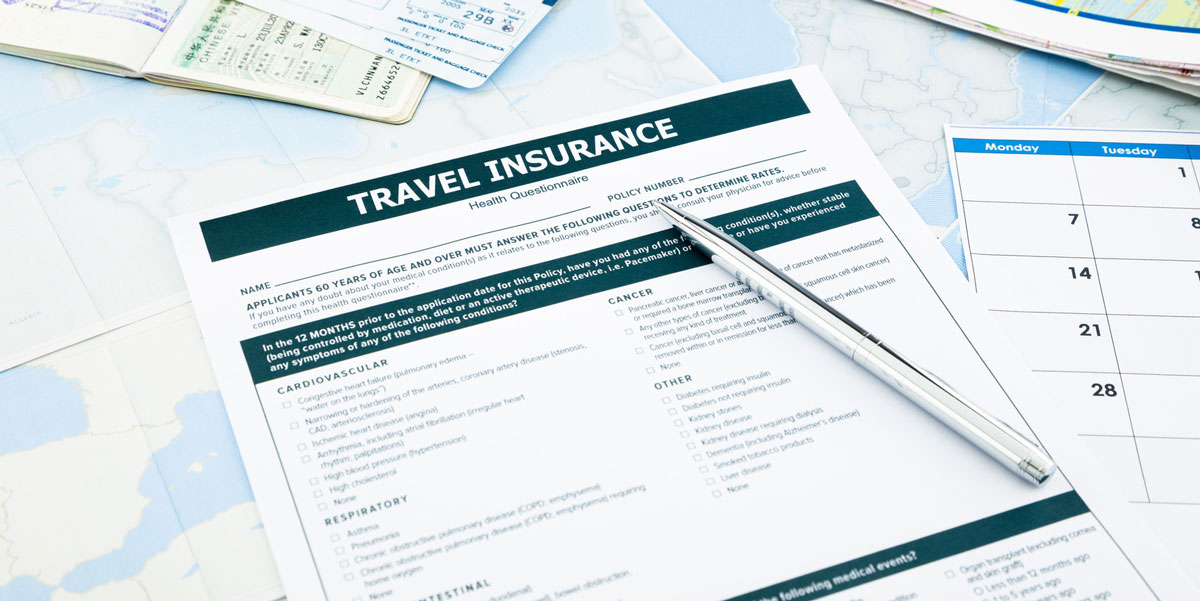Even if you have never purchased travel insurance, you have likely heard the term if you are an experienced traveller. Additionally, travel aggregator websites might advise you to buy medical travel insurance.
Which Do You Need And When: Travel Insurance Or Medical Insurance?
The purpose of travel insurance is to offer protection while you are travelling for a limited time. A safety backup when going abroad, whether for a vacation or on business, is required even though it may be optional for domestic travel.
The travel insurance benefits offered may include the following:*
- Lost luggage; misplaced accidents; misplacement of personal items; and last-minute cancellations of flights or reservations
- Additionally, short-term and primary medical coverage is offered by travel insurance. Short-term coverage can be helpful for travellers on the road for five days to a year. On the other hand, travellers who intend to travel for more extended periods – six months to a year or more – benefit from having primary medical coverage.
However, the insurance only covers unexpected medical expenses incurred while travelling. For instance, you can file a claim for medical expenses under your travel insurance plan if you fall in your hotel and break your hip bone. However, you will not be qualified to submit a claim for such costs if you choose to have a tooth extracted while travelling, even though nothing related to the trip causes harm to your tooth.
Additionally, travel insurance offers you coverage in a particular region. The rationale behind travel insurance’s provision of medical insurance is that it gives the insured person the means to recover and travel back to their home nation. Therefore, long-term and chronic illnesses are not covered under this type of insurance.*
Claims are subject to terms and conditions set forth under the travel and health insurance policy.
Medical Insurance: Medical insurance is intended to cover only the medical costs you may incur while travelling. Unlike regular health insurance, which you can obtain even if you are not travelling, such a policy is explicitly created for travellers. However, this type of insurance is only intended for travellers who have lived abroad for some time. Therefore, those with valid visas abroad who are studying, working, or living abroad can all take advantage of such benefits of health insurance. *
Claims are subject to terms and conditions set forth under health insurance policy.
What Does Medical Insurance Cover:
Your travel insurance will only cover emergency care costs if you experience a medical emergency while travelling. However, if your medical insurance policy covers it, you may receive coverage for long-term care abroad. One of the primary distinctions between travel insurance and medical insurance is this.
Most travel insurance policies don’t cover any pre-existing medical conditions you might have. Consider purchasing an add-on policy or a rider for the required coverage. * Claims are subject to terms and conditions set forth under health insurance policy.
Which Should You Purchase Now That You Are Aware Of The Differences Between Travel Insurance And Medical Insurance?
You must purchase travel insurance if you have short-term travel plans to a foreign country. However, having health insurance makes more sense if you intend to stay in a foreign country while studying or working for an extended period.*
* Standard T&C apply.
Insurance is the subject matter of solicitation. For more details on benefits, exclusions, limitations, terms, and conditions, please read the sales brochure/policy wording carefully before concluding a sale.







